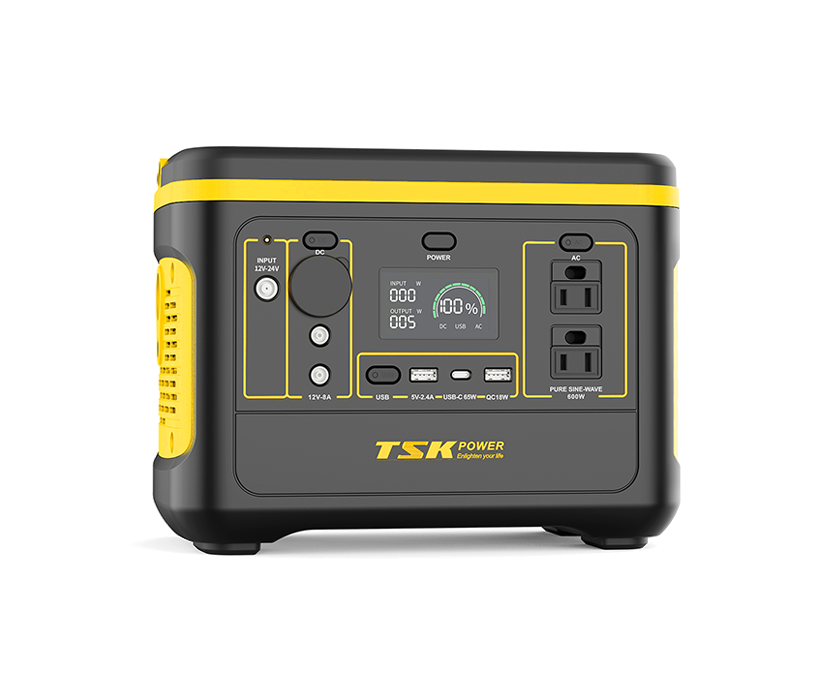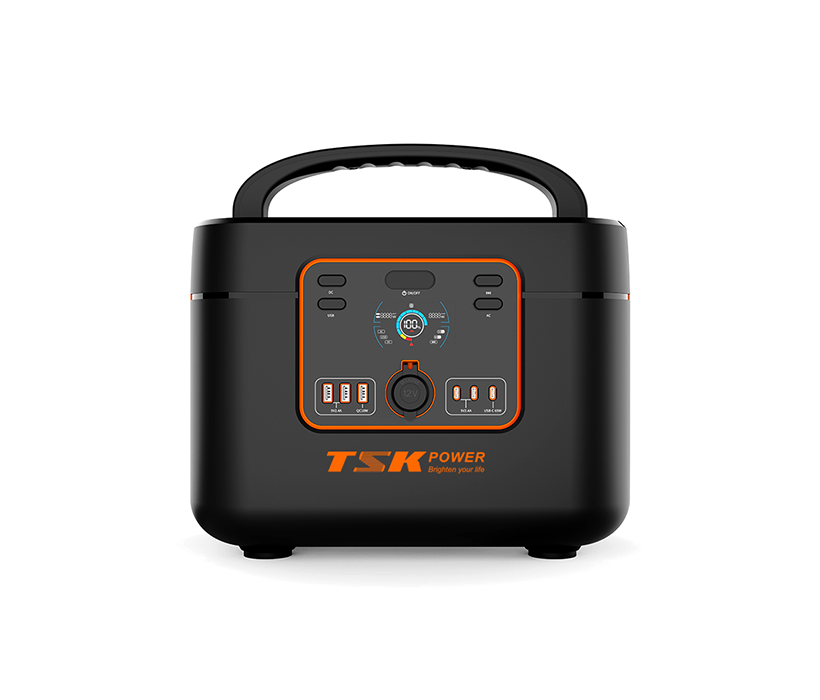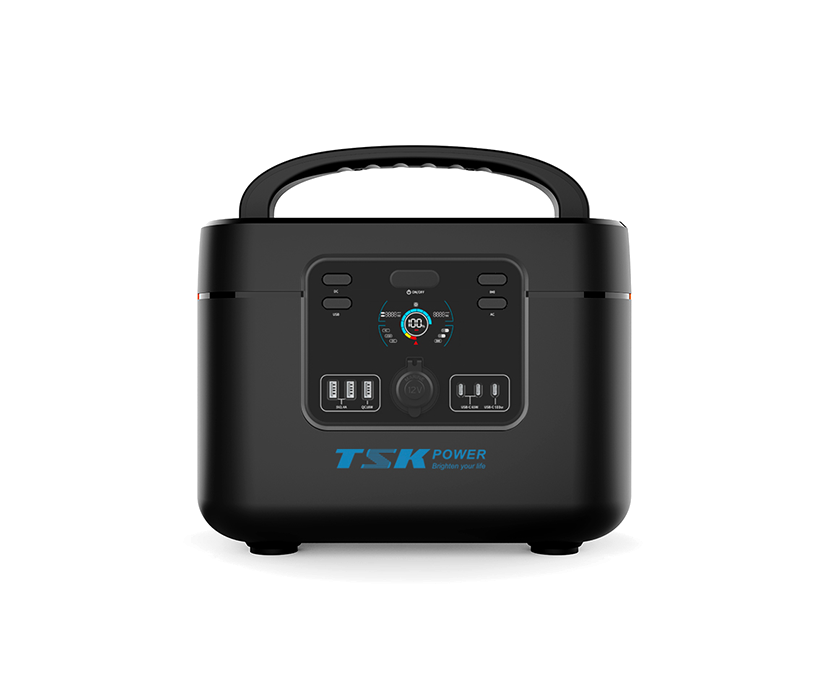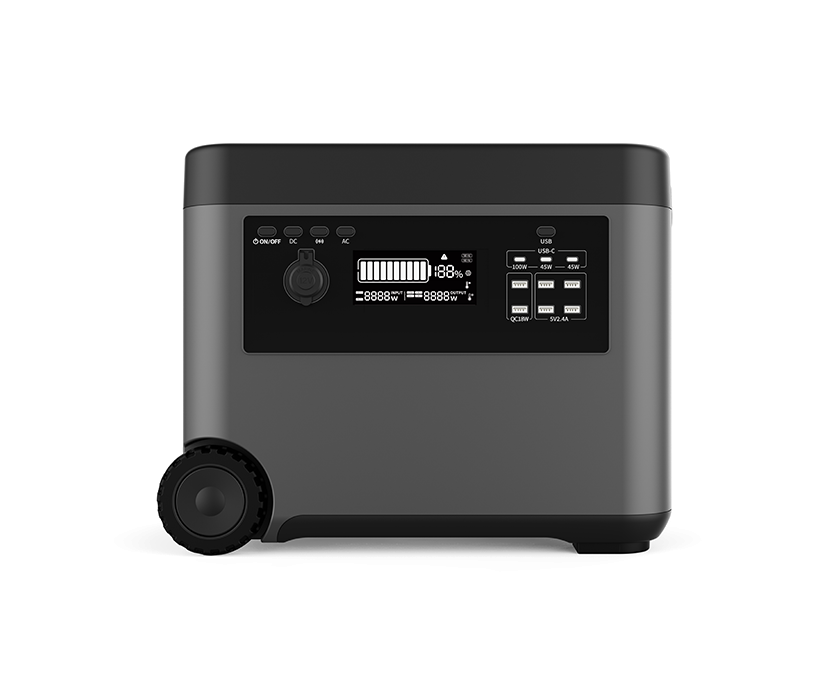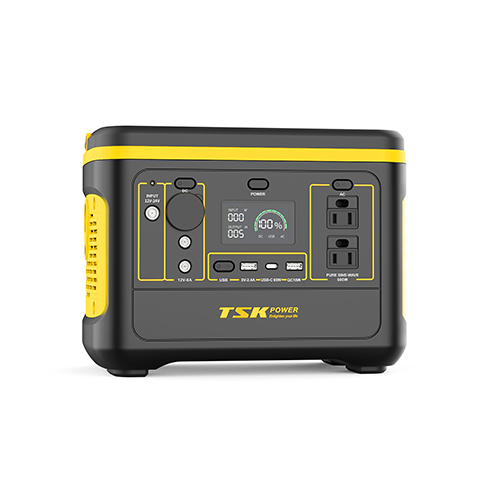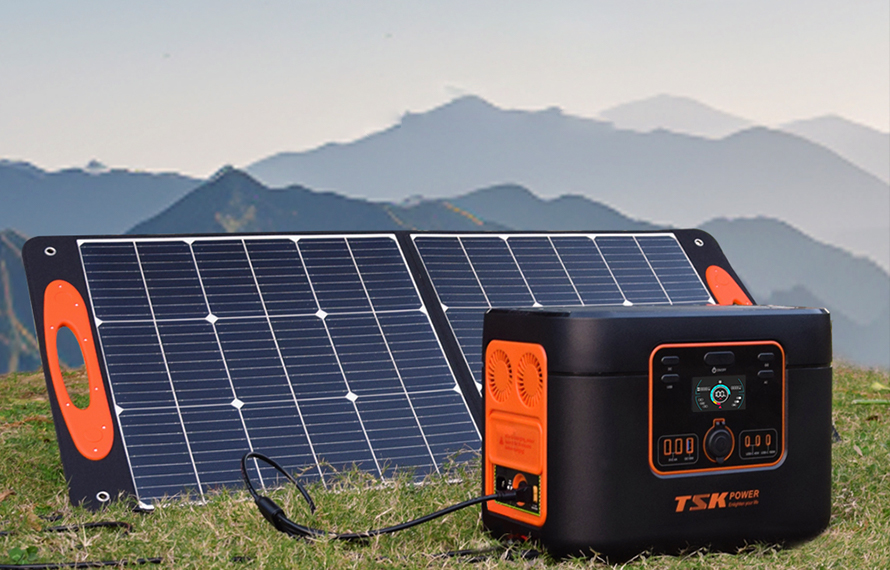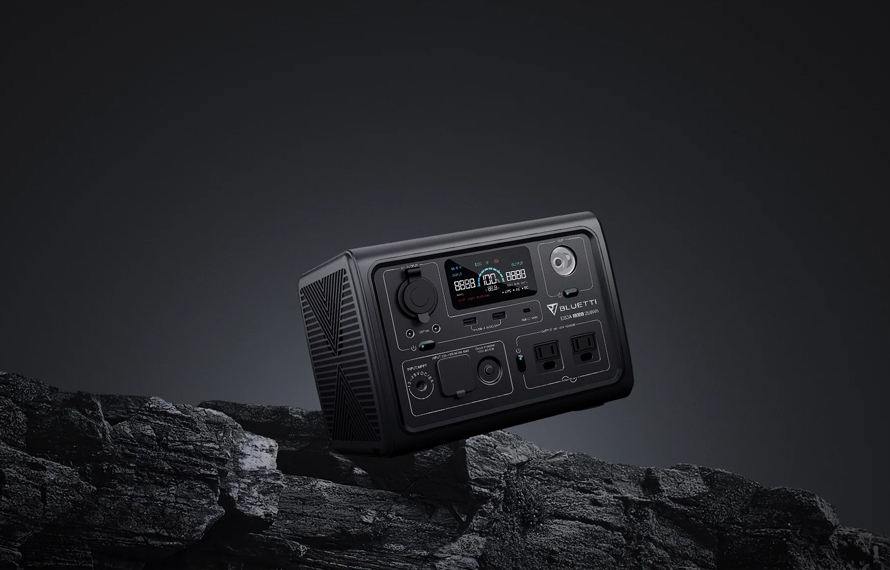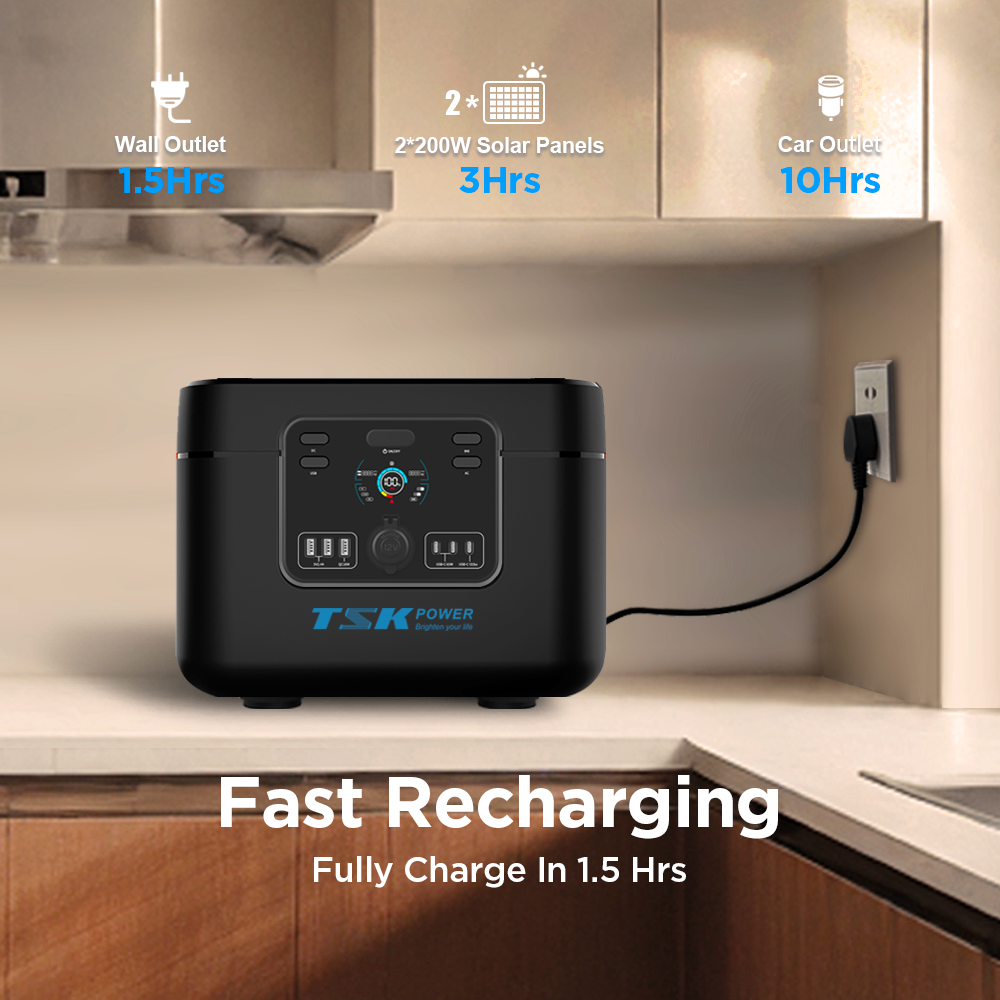The outdoor power supply is a multifunctional portable energy storage power supply with a built-in lithium-ion battery that can store electrical energy and provide AC and DC output. It can provide power for various devices indoors or outdoors, such as mobile phones, tablets, notebooks, drones, vehicle-mounted products, small household appliances, etc. It can also be charged by AC power, solar energy, car chargers, etc., and has the characteristics of light weight, large capacity, strong power, rich interfaces, and high charging efficiency.
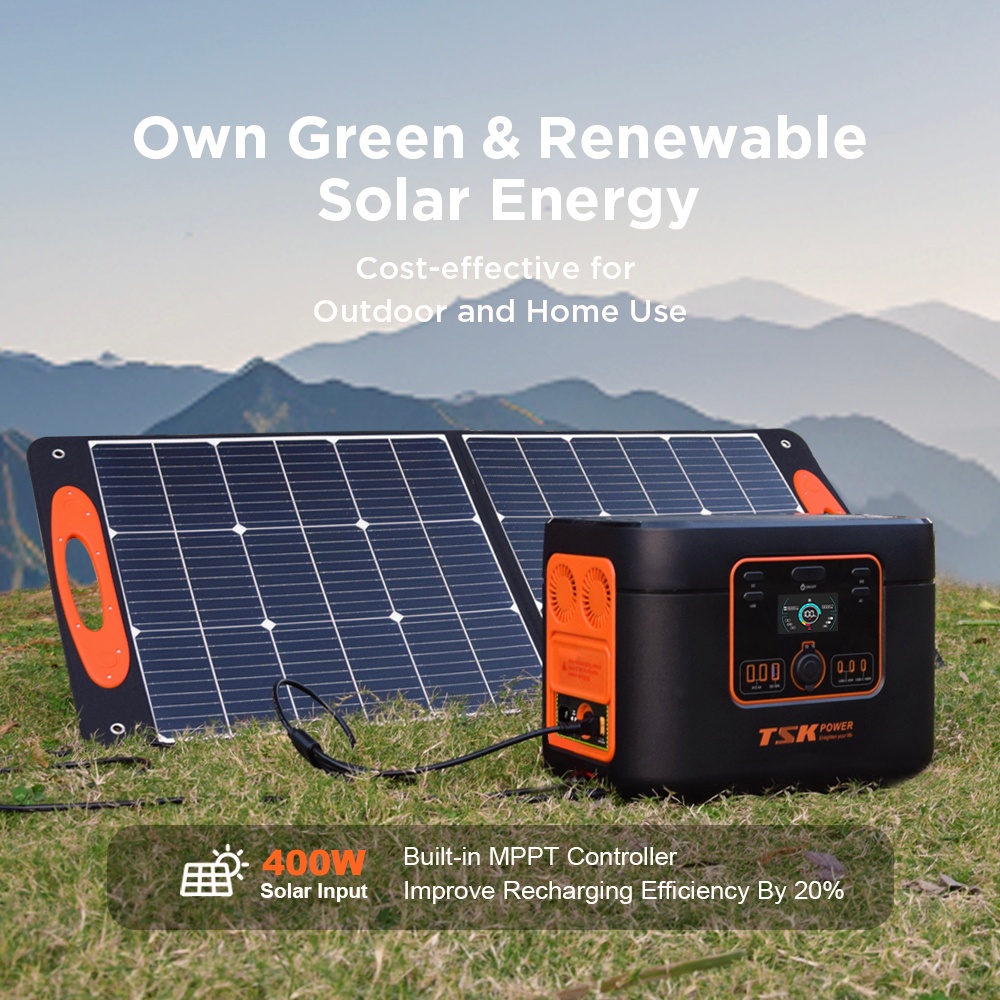
However, if we use and store the outdoor power supply incorrectly, it may cause some safety hazards and performance loss. The following are some common hazards of idle outdoor power supplies:
Risk of fire and explosion: The lithium-ion battery inside the outdoor power supply may experience thermal runaway under high temperature, overcharge, overdischarge, short circuit, impact, etc., resulting in temperature rise and even fire and explosion. Therefore, we should avoid placing the outdoor power supply in direct sunlight, high temperature or humidity, and do not mix it with metal or flammable items. We should also regularly check whether the casing and interface of the outdoor power supply are damaged or loose, and replace or repair damaged parts in time.
Performance degradation: If the outdoor power supply is idle for a long time, the battery capacity and output power may decrease. This is because lithium-ion batteries will discharge naturally, and even if they are not used, they will consume a certain amount of power. If they are left for too long, the battery may be over-discharged, resulting in increased internal resistance, affecting the charging and discharging efficiency and life. Therefore, we should charge and discharge the outdoor power supply regularly, keep it within the appropriate power range (generally recommended between 40%-80%), and avoid over-charging and discharging.
Environmental pollution: If the outdoor power supply is discarded or handled improperly, it may pollute the environment. This is because lithium-ion batteries contain some toxic and harmful substances, such as heavy metal elements such as nickel, cobalt, and manganese, as well as chemical substances such as organic solvents and carbonates. If these substances leak into the soil or water, they may endanger human health and ecological balance. Therefore, we should hand over the discarded outdoor power supply to professional recycling and processing agencies in accordance with relevant regulations and guidelines, and do not discard or disassemble it at will.
In short, the outdoor power supply is a convenient and practical product, but it also requires us to use and store it correctly to avoid safety hazards and performance losses. We should reasonably choose the appropriate outdoor power supply according to our needs, and operate and maintain it according to the product manual and precautions. At the same time, we should also be environmentally conscious and properly dispose of discarded outdoor power supplies to reduce the impact on the environment.
 2024-08-21
2024-08-21
